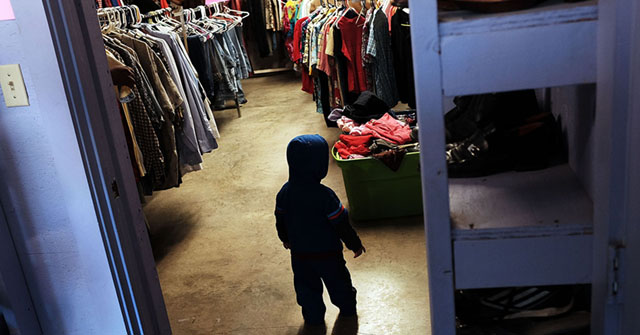Peterson Foundation: CBO Confirms Dangerous Fiscal Path

NEW YORK — Michael A. Peterson, CEO of the Peter G. Peterson Foundation, commented today on the release of the Budget and Economic Outlook from the nonpartisan Congressional Budget Office (CBO):
“CBO has once again provided clear evidence that we must do something about America’s dangerous fiscal situation. Despite a growing economy and low unemployment, deficits are soaring. Debt is already at its highest level since 1950, and is projected to exceed the size of the economy by 2028. This should be a time to improve our fiscal health — in fact, the U.S. is the only advanced country that is increasing its debt as a share of its economy.
“Our unsustainable fiscal condition matters because it threatens economic opportunity and quality of life for every American. High and rising debt crowds out job-creating investments and puts pressure on critical budget priorities. On our current path, we’ll soon be spending more on interest than on our kids or national defense. We can’t be in a position where we invest more in our past than in our future.
“Lawmakers should read this CBO report carefully and focus on implementing the many available solutions that set us on a better path. The temporary end to the shutdown represents a good starting point to move the country past partisan gridlock, and to work together in building a bright and secure future for our nation.”
In this morning’s report, CBO projects:
- Debt is projected to climb from 78 percent of GDP at the end of 2019 to 93 percent at the end of 2029 under CBO’s baseline scenario. If the provisions of the Tax Cuts and Jobs Act were extended and other current policies remained in place, CBO projects that debt would rise to 105 percent of GDP.
- The annual deficit is projected to remain above 4 percent of GDP throughout the next decade, significantly higher than its historical average. In dollar terms, the deficit rises from $897 billion in 2019 to $1.4 trillion in 2029.
- Interest payments rise to become the third largest category of the budget by 2025 and will total $7 trillion over the next decade, CBO projects.
- CBO estimates economic growth will diminish — falling from 3.1 percent in calendar year 2018 to 1.7 percent in 2020 as the effects of recent tax cuts and spending increases wane.
Further Reading
What Are the Economic Costs of Child Poverty?
Child poverty is higher in the United States than in other wealthy countries. Studies show that it has quantifiable economic costs.
Budget Basics: Unemployment Insurance Explained
The Unemployment Insurance program is a key counter-cyclical tool to help stabilize the economy and speed recovery during downturns or crises.
Quiz: How Much Do You Know About Healthcare in the United States?
The United States has one of the largest and most complex healthcare systems in the world. Take our healthcare quiz to see how much you know about the cost and quality of the U.S. healthcare system.


